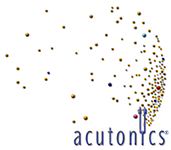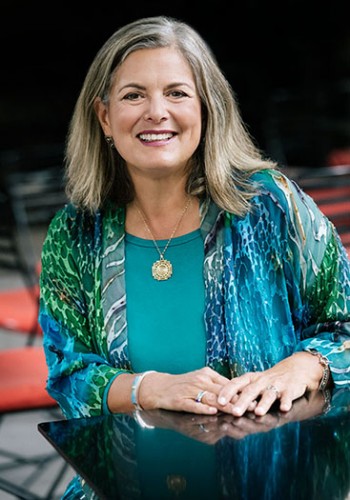Ellen F. Franklin
“In late summer the world is full of song.” – Debra Kaatz
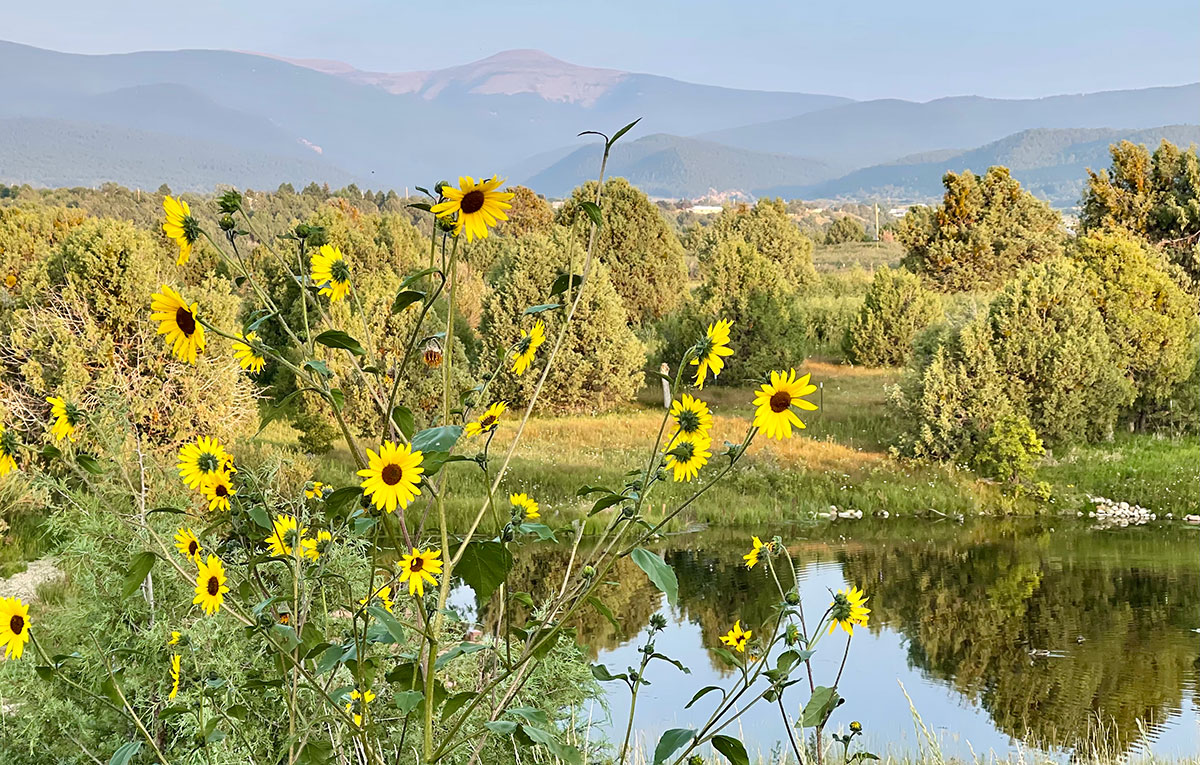 In the late summer, Music from Angel Fire an annual chamber music festival, celebrating its 37th season, brings young musicians, contemporary classical composers, and so much more to Northern New Mexico. Donna, Sande, and I attended two concerts this season and were fortunate to hear young artists from the Curtis Institute in Philadelphia, Juilliard School of Music in New York and the Colburn School in Los Angeles as well as accomplished professionals who love returning to Northern New Mexico each year. This year, Andi Akiho on steel drum and Ian Rosenbaum on marimba, played two pieces from Synesthesia, Purple and Red, composed by Akiho, these compositions brought forth extraordinary sounds, evoking the natural world and all its beauty. Deeply healing, the spirits of every masked attendee in the audience, were lifted.
In the late summer, Music from Angel Fire an annual chamber music festival, celebrating its 37th season, brings young musicians, contemporary classical composers, and so much more to Northern New Mexico. Donna, Sande, and I attended two concerts this season and were fortunate to hear young artists from the Curtis Institute in Philadelphia, Juilliard School of Music in New York and the Colburn School in Los Angeles as well as accomplished professionals who love returning to Northern New Mexico each year. This year, Andi Akiho on steel drum and Ian Rosenbaum on marimba, played two pieces from Synesthesia, Purple and Red, composed by Akiho, these compositions brought forth extraordinary sounds, evoking the natural world and all its beauty. Deeply healing, the spirits of every masked attendee in the audience, were lifted.
We know the power of sound to heal, but do we feel the world of song? Does too much noise, chatter, misinformation, and global climate disasters stoke fears that prevent us from hearing the Earth’s music? The rushing streams, bird song, wind in the trees, crickets and critters are singing. I can hear the horses calling to one another in the distance, and at night coyotes’ howl. If you can’t get out into the natural world, listen to the sounds of the planets, sound a bowl, tuning fork, or gong, and pause to truly take in their song. We are in a unique position to reacquaint those around us with the rich songs of the Earth, something that abounds as we enter the season of Late Summer (in the Northern hemisphere).
Debra Kaatz, identifies Late Summer with stability, understanding, and the nourishment of Mother Earth’s bounty that will carry us through the long winter months. Our hearts are open and able to transform, digest and transport whatever information comes at us. Rather than blocking the worries and concerns, and we are without question, surrounded by them, how might we identify what we need, sort, and give what is most needed to others.
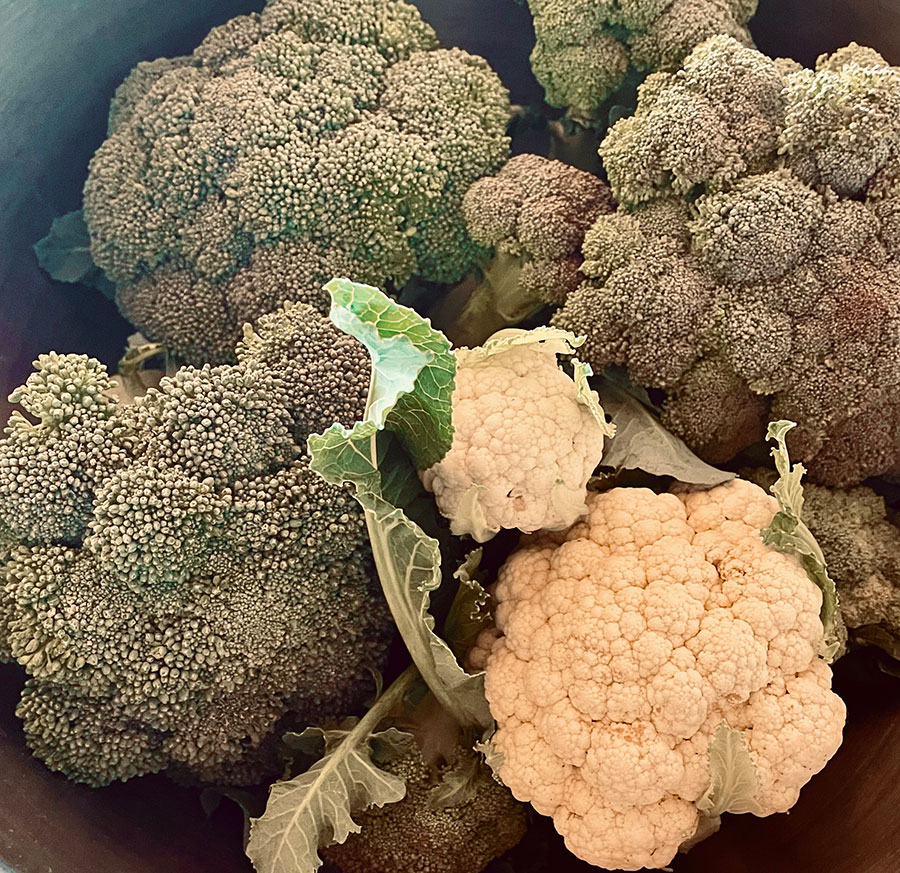 “When we are out of balance, we seek the sympathy of others or reject the care that is offered. When we are in balance, we can give what is needed without sacrificing ourselves…We know when to care and listen and how to help both ourselves and others from a place of inner peace and harmony. When the earth within us is secure, we can nourish others and ourselves with gentleness, patience, love, joy, and calm restfulness (Kaatz, 2005).”
“When we are out of balance, we seek the sympathy of others or reject the care that is offered. When we are in balance, we can give what is needed without sacrificing ourselves…We know when to care and listen and how to help both ourselves and others from a place of inner peace and harmony. When the earth within us is secure, we can nourish others and ourselves with gentleness, patience, love, joy, and calm restfulness (Kaatz, 2005).”
In this season of late summer seek out what is good and nourishes. Mother Earth guides us to store away what we need to carry us through winter, to turn the soil, compost what we don’t need, and prepare for what comes. Let go of what does not serve you, listen to the songs of your inner landscape, take a moment to acknowledge all that is good. The song of the Earth is there for you. Breath in the song, acknowledge and give thanks.
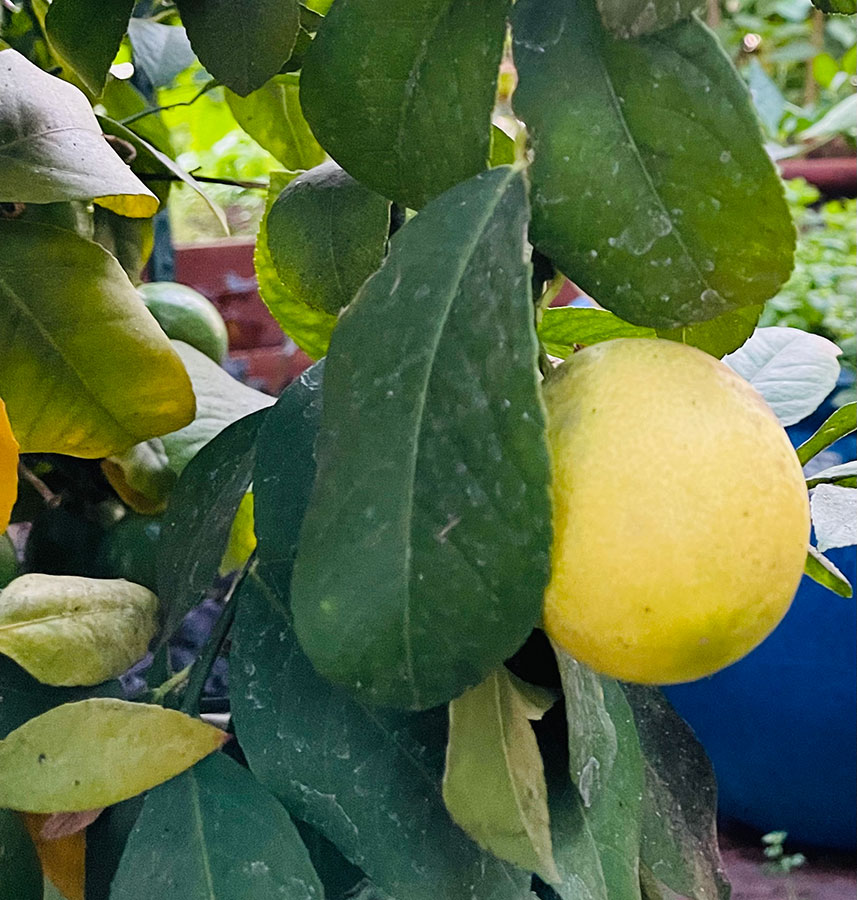
As I was writing this post today, reflecting on ways to hear our song, senior faculty member, Mary Burke Kelly wrote to share a quote from one of her students, who has taken the Ethics in Clinical Practice Class with Mary. In the Ethics class in addition to examining ethical issues that might occur in clinical practice, we take time to talk about client expectations and practitioner perceptions as well as the importance of self-care. An element of play was introduced into the curriculum and bubble wands and prism glasses are given to our students. During the class, we head outside and play. The song of laughter is loud and bright when we move from ethical dilemmas encountered in clinical practice to playful self-care.
Teaching Ethics on Zoom, Mary continued this tradition, she sent the bubbles and glasses to her students to use during breaks from the Zoom classroom. I am grateful to Mary for sharing this, as it evoked such a beautiful memory of the laughter and unbridled joy from students and Acutonics faculty, when I gave them these tools for the first time, for surely, genuine heartfelt laughter is a beautiful song. Mary’s student wrote:
"I loved having fun with the glasses and bubbles! The glasses were great to open our minds to seeing the world differently. The bubbles were absolutely fabulous! I had so much fun letting my inner child come out to play and had forgotten how something as simple as making rainbow bubbles can change your stress level and make the day fun. I loved this part of the class so much, I immediately ordered bubble wands to give out to all my friends to remind them to bring out their inner child and play. In the state of our world right now, and what we’ve all been going through these past few years, having fun with bubbles can transport us to a simpler time in life and feel the joy we used to experience so many years ago. These fun exercises really helped to break up what can be dry material sometimes (ethics rules). And after taking time out to do these fun activities, you return to the Zoom class refreshed and ready to learn. I’ve been using my bubble wand every day since class. Love it!" — Dawn Maxwell
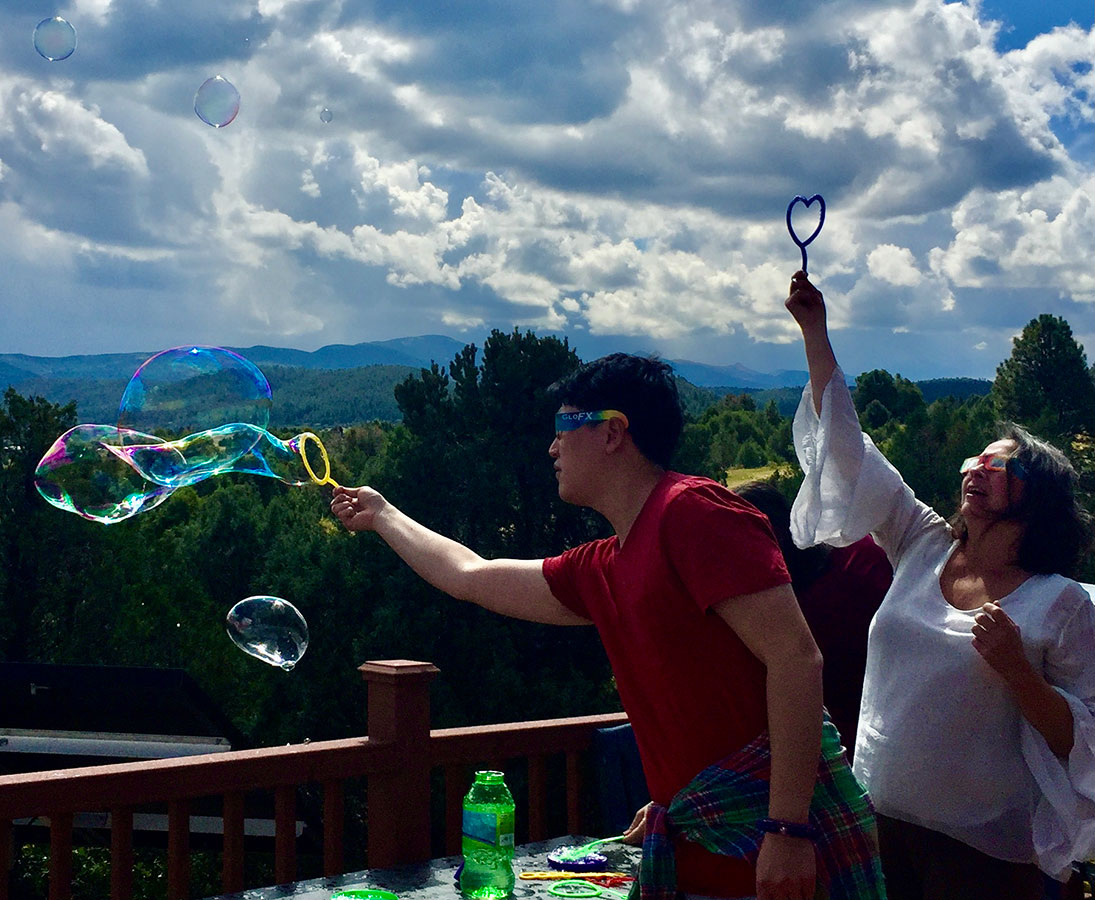 Whether you use a bubble wand, play your sound tools, or take a long walk along the shore or among the trees, my hope for each of us is that we are able to open our hearts and to truly hear the songs of the Earth.
Whether you use a bubble wand, play your sound tools, or take a long walk along the shore or among the trees, my hope for each of us is that we are able to open our hearts and to truly hear the songs of the Earth.
Here at the Mothership, Fall is early. Fields are turning color, elk are bugling, flowers are dropping their seeds, and there are abundant sun flowers everywhere, a true sign of an early fall. We are in the process of transitioning the growing dome from summer crops such as tomatoes, cucumbers, chili peppers, shishito, basil, and beautiful yard long beans to winter hardy plants like beets, spinach, kale, carrots, and beans. The Meyer lemon tree is loaded with fruit, but just a few are beginning to turn yellow. Our outside gardens were challenged this year from heavy rain, high heat, and hail, but we still were able to harvest garlic, onions, broccoli, cauliflower, and turnips, for which we are grateful.
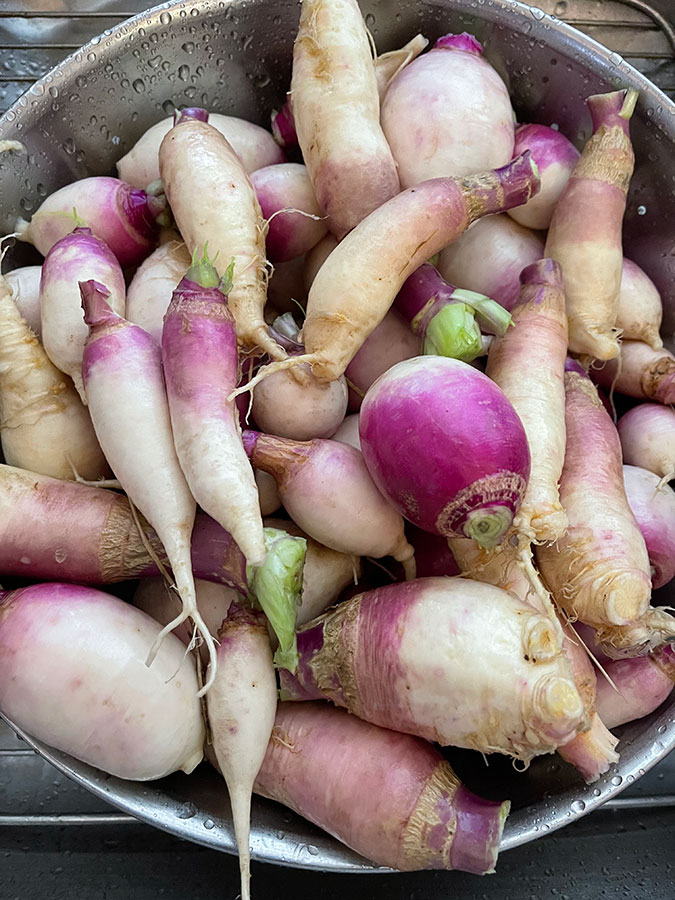 May your harvests be bountiful, seeds for new beginning plentiful, and may we each be blessed with the ability to identify what is most needed for our own health, the health of our family, community, and the planet Earth.
May your harvests be bountiful, seeds for new beginning plentiful, and may we each be blessed with the ability to identify what is most needed for our own health, the health of our family, community, and the planet Earth.
